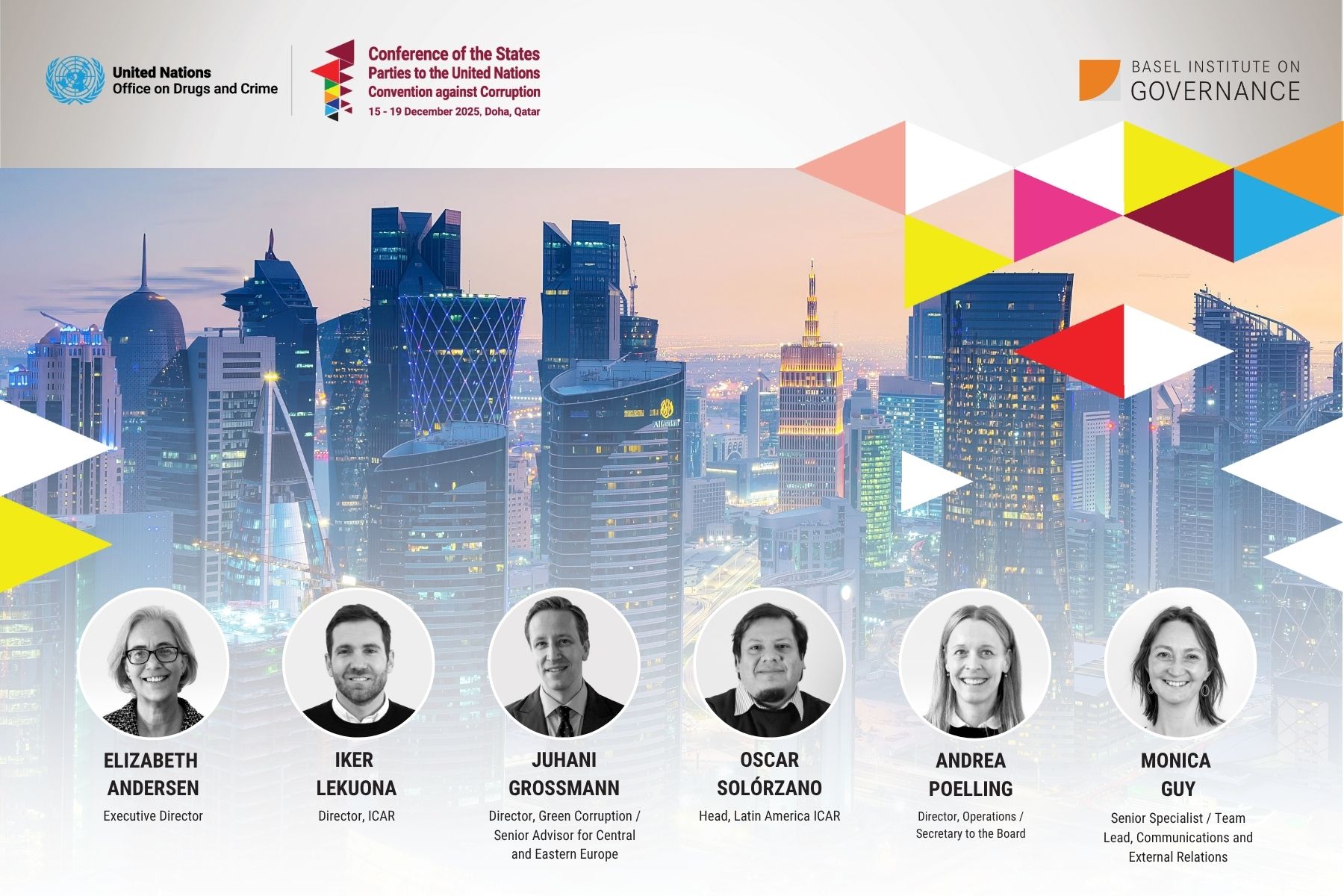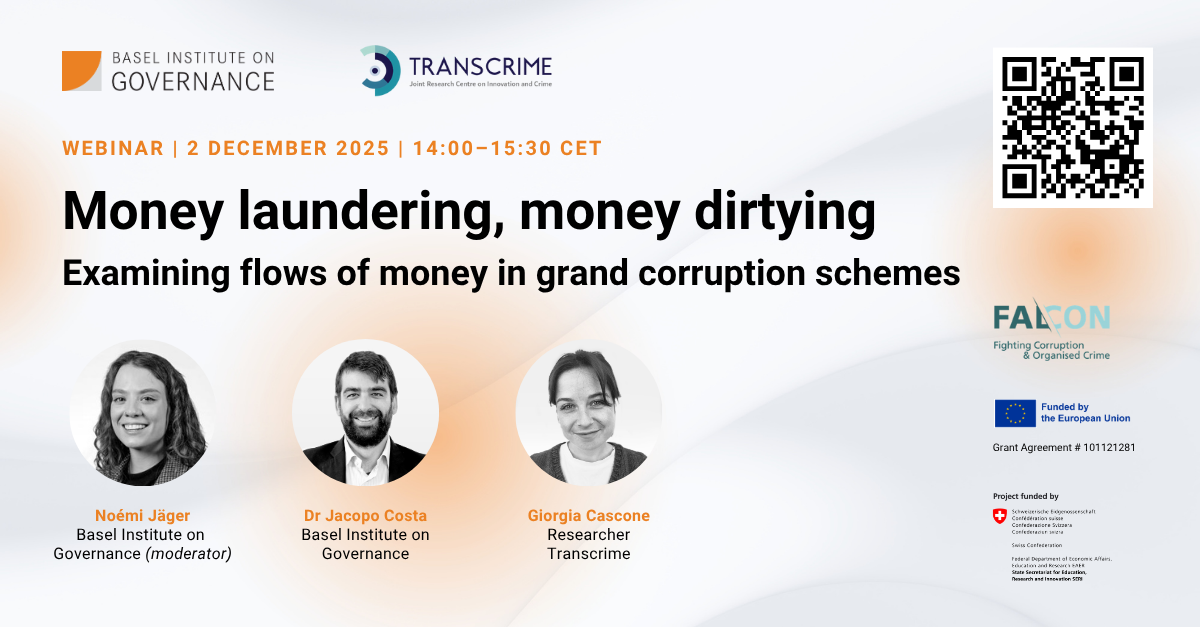In a new peer-reviewed journal article, Jacopo Costa and Claudia Baez Camargo look into why and how corruption evolves over time, drawing on an empirical analysis from Italy. The article was published in Trends in Organized Crime.
Abstract
Corruption evolves over time. This paper investigates why and how this evolution happens. The analysis has employed a combination of qualitative network and document analysis to explore the configuration of corruption in two moments in Italy and the changes that have happened in between them.

 <
<